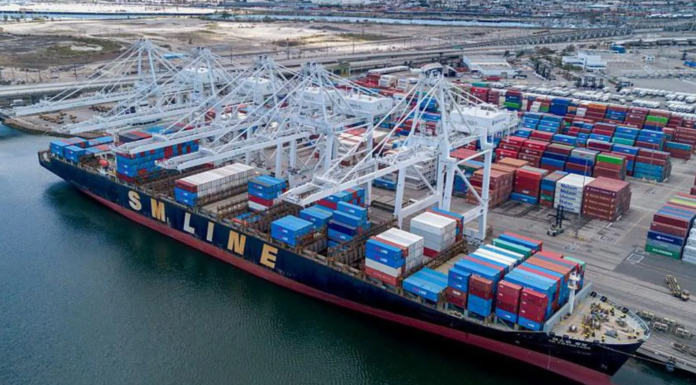High-level officials from the United States and China are set to begin negotiations in Switzerland this week in an attempt to deescalate the ongoing trade war between the world’s two largest economies. The talks, scheduled from May 9 to 12, mark the first formal engagement since President Donald Trump’s return to the White House and the imposition of steep new tariffs on Chinese imports.
Chinese Vice Premier He Lifeng will lead the Beijing delegation, while the US will be represented by Treasury Secretary Scott Bessent and US Trade Representative Jamieson Greer, their respective offices confirmed.
President Trump’s administration recently escalated trade tensions by levying tariffs of up to 145% on Chinese goods. In response, China has imposed retaliatory tariffs of up to 125% on American products. These developments have rattled global markets and sparked renewed concerns about long-term disruptions to international trade.
US Treasury Secretary Bessent indicated that the immediate goal of the talks is to reduce tensions, not to finalize a comprehensive trade agreement. “This will be about de-escalation,” he said in a televised interview, adding that negotiations must begin with easing hostilities.
China’s Ministry of Commerce issued a statement ahead of the talks, stressing that meaningful dialogue can only occur if Washington acknowledges the damage caused by its unilateral tariff measures. Chinese state media echoed that sentiment, emphasizing Beijing’s decision to participate was influenced by international expectations, domestic priorities, and appeals from American businesses.
However, trade experts remain skeptical about the outcome. Deborah Elms, Head of Trade Policy at the Hinrich Foundation, told the BBC, “It’s unlikely to be the launch event people are hoping for,” while Professor Henry Gao of Singapore Management University said he expects the talks to “drag on for several months or even more than a year.”
The escalating trade war has already impacted financial markets, with mixed reactions in the Asia-Pacific region and a modest rise in US stock futures. Investors are also awaiting the US Federal Reserve’s latest interest rate decision, expected later this week.
Despite the uncertainty, both sides appear willing to engage — a necessary first step in what many anticipate will be a prolonged and complex negotiation process.
